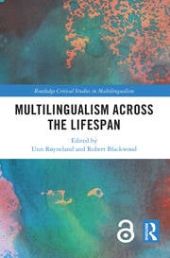Introduction
Telling personal stories is important for persons with dementia (PWDs), both for maintaining a sense of personal identity (Ramanathan 1995; Shenk 2005; Hamilton 2008; Hydén and Örulv 2009; Hydén 2018; Hamilton 2019) and for establishing or affirming social relations with others, such as staff and residents in care facilities (Crichton and Koch 2011) and spouses, family, and friends (Hydén 2011, 2018). However, PWDs frequently find that communicative and cognitive problems (such as finding words or recalling past events) may get in the way of participating in conversation on a par with their healthy conversation partners (Hamilton 2019; Wray 2020). As a consequence, PWDs may become relatively passive in their communication with others, taking fewer initiatives in conversation, limiting themselves instead to responses to others’ questions of them (Backhaus 2018). Multiparty interactions can present special challenges, as the pace of the conversation and its more complex participation framework may make it difficult for PWDs to get the floor and hold it. A further complication may be involved if the PWD is to tell the story in a second language.
dementia (PWDs), both for maintaining a sense of personal identity (Ramanathan 1995; Shenk 2005; Hamilton 2008; Hydén and Örulv 2009; Hydén 2018; Hamilton 2019) and for establishing or affirming social relations with others, such as staff and residents in care facilities (Crichton and Koch 2011) and spouses, family, and friends (Hydén 2011, 2018). However, PWDs frequently find that communicative and cognitive problems (such as finding words or recalling past events) may get in the way of participating in conversation on a par with their healthy conversation partners (Hamilton 2019; Wray 2020). As a consequence, PWDs may become relatively passive in their communication with others, taking fewer initiatives in conversation, limiting themselves instead to responses to others’ questions of them (Backhaus 2018). Multiparty interactions can present special challenges, as the pace of the conversation and its more complex participation framework may make it difficult for PWDs to get the floor and hold it. A further complication may be involved if the PWD is to tell the story in a second language.
Read the full chapter on Taylor & Francis' website (open access).